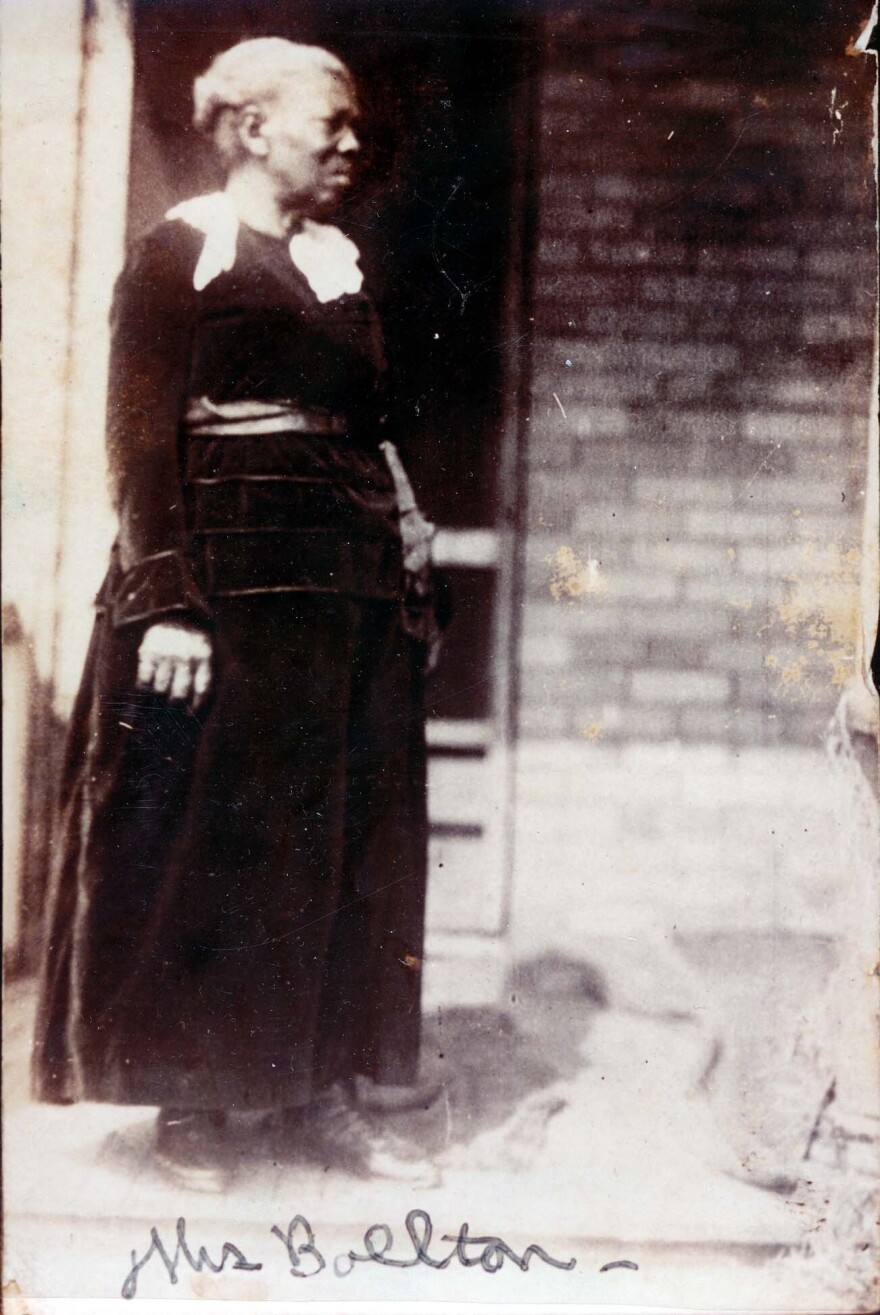Saturday is Juneteenth. Long Islanders honored their own legacy during abolition with the recognition of Samuel Ballton, who fled slavery and was known as the “Pickle King of Greenlawn.”
The town of Huntington this week posthumously renamed a stretch of street at Taylor and Boulevard avenues where Ballton built his home and family in his honor.
Carl Ballton said his great-great-grandfather got his title after growing over 1.5 million cucumbers for pickling in a single season. Ballton said he was more impressed by his dedication to family.

"The first thing that impressed me about Sam was the great love that he had for his wife, Rebecca — love that caused him to risk his life to free her from slavery,” Ballton said. He spoke proudly of his ancestor, whose “life reads like a period piece or a movie.”
Ballton was born into slavery in Virginia in 1838 and escaped at the beginning of the Civil War.
He then returned to rescue his wife, Rebecca, and served in the Union Army until the end of the war. They fled to Greenlawn in 1873. It was all farmland when he first arrived in Huntington.
Ballton worked as a tenant farmer for Alexander Gardner and other wealthy farmers. He saved money, and with Gardener's help purchased land and became a successful farmer, earning the title of the “Pickle King of Greenlawn.”
He also purchased and subdivided land in Greenlawn to build houses in the growing community. Many of his descendants continue to live in town.

Not only was Ballton a businessman, he was active in civic affairs and raised a large family in Greenlawn. He celebrated his 50th wedding anniversary in the house he built at 75 Boulevard Avenue with his wife.
The street dedication was in time for Juneteenth. Congress made it a federal holiday this week to celebrate the day in 1865 that America's last enslaved people in Texas were told of abolition — two years after President Abraham Lincoln’s Emancipation Proclamation, which outlawed slavery.
“We want to thank his family for all the contributions: the real American dream, coming all the way North to settling here in Greenlawn,” said Huntington Town Supervisor Chad Lupinacci. “And building an empire and really helping to cultivate the spirit of the Greenlawn area.”
Ballton died in 1917 and is buried at the Huntington Rural Cemetery.


